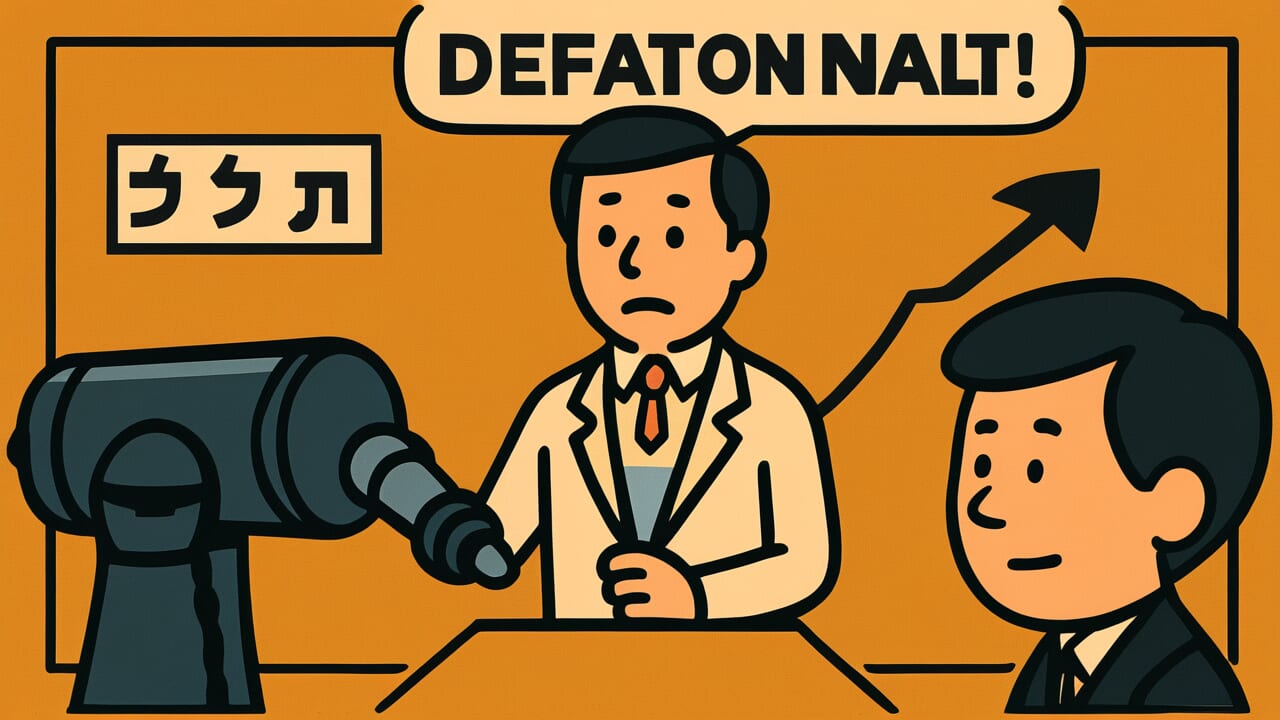How to Read “Matters succeed through secrecy, and words fail through leakage”
Koto wa mitsu wo motte nari, go wa setsu wo motte yabururu
Meaning of “Matters succeed through secrecy, and words fail through leakage”
This proverb means that keeping secrets is essential for success. When information leaks out, plans end in failure.
It teaches us that important plans and strategies face danger when shared with others. Information can spread unexpectedly, leading to interference or being beaten to the punch.
Consider new business ventures, college applications, or job hunting situations. Talking about these before they’re finalized invites unwanted advice.
Rivals might also take countermeasures against you. The more people who share a secret, the higher the chance of leakage.
This proverb shows that success requires proper information management. You need caution about revealing plans to anyone except truly trustworthy people.
Even today, this teaching serves as an important guideline. It applies to managing confidential information and protecting personal privacy.
Origin and Etymology
This proverb likely comes from ancient Chinese classics. Similar ideas appear in a book called “Han Feizi.”
The influence from this source probably brought the saying to Japan. This theory is widely accepted among scholars.
The contrasting characters “mitsu” (secrecy) and “setsu” (leakage) create a striking impression. Mitsu means keeping secrets, while setsu means information flowing out.
These two characters connect through the word “motte” (through). This clearly shows the dividing line between success and failure.
In ancient China, information management was a matter of life and death. This applied especially to politics and military affairs.
If enemies learned your strategy, you faced defeat. If you kept secrets, you achieved victory.
This harsh reality forms the background of this proverb. After reaching Japan, it continued as an important lesson in samurai society.
The structure of the phrase itself teaches a lesson. The parallel form of “matters succeed” and “words fail” clearly contrasts success with failure.
This simplicity and power explain why it resonates with people across centuries. In an age where information equals power, the ancestors’ wisdom about keeping secrets never fades.
Usage Examples
- We’re keeping the new product plan secret until launch because matters succeed through secrecy, and words fail through leakage—only a few people in the company know about it
- He didn’t tell anyone which school he was applying to and got accepted—he must have practiced matters succeed through secrecy, and words fail through leakage
Universal Wisdom
Humans have a curious trait. When we know a secret, we feel an urge to tell someone.
This proverb has been passed down for hundreds of years. It endures because it sees through this essential human nature.
The difficulty of keeping secrets goes beyond loose lips. People want to share information to feel connected with others.
They also want to confirm their own importance. The thrill of saying “actually” and seeing someone’s surprised face brings satisfaction.
These are natural feelings in building relationships. But they also carry the danger of ruining plans.
This proverb also reveals the difficulty of trust. The person you trust with a secret might trust someone else too.
Information spreads from person to person unintentionally. Even without bad intentions, secrets leak.
Our ancestors knew that success comes with loneliness. At critical moments, you need the resolve not to reveal your heart even to close friends.
This harsh yet realistic wisdom speaks to us across time.
When AI Hears This
In information theory, as more people know something, its rarity decreases exponentially. If two people share a secret, the leak probability doesn’t simply double.
Interactions between those two people also factor in, making it actually higher. With three people, three pathways form.
With four people, six pathways emerge. With n people, you get n×(n-1)/2 combinations—a combinatorial explosion.
Applying Shannon’s channel capacity formula reveals more interesting facts. Increasing the number of people sharing information adds noise sources to the communication channel.
Your goal is the “signal,” while unnecessary intentions and misunderstandings from others become “noise.” As noise increases, the probability of accurate information transmission decreases logarithmically.
In other words, if you tell ten people a secret, the chance things go as you intend isn’t one-tenth of telling one person. It’s much, much lower.
More important is the perspective of information entropy. When secrets spread, the information’s uncertainty decreases and predictability for others increases.
If competitors learn your plan in advance, you give them time to prepare countermeasures. Your success probability drops sharply.
Lessons for Today
We call this the information age, which makes this proverb more valuable than ever. Now that sharing daily life on social media is normal, we casually share our plans and goals too.
But truly important dreams and goals can wait. First nurture them in your heart, give them solid form, then announce them.
If you’re trying something new, start by preparing quietly. You can progress steadily at your own pace without worrying about others’ reactions.
When you report success afterward, everyone will celebrate sincerely.
However, this doesn’t mean you shouldn’t trust people. Consulting with and receiving support from a truly trustworthy few remains important.
The point is to carefully choose who you share information with and how widely.
This proverb teaches that the path to success requires quiet determination and patience. Silent, steady effort guides you to your goal more surely than flashy declarations.



Comments